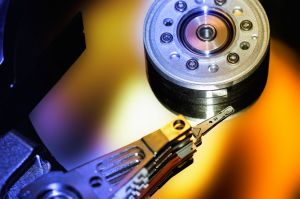
Generation Imaging is a scanning bureau that uses the right kind of digital microfilm scanner to convert your microfilm, microfiche, aperture cards, and Kodak slides. Generation Imaging’s staff has decades of experience with using different types of digital microfilm scanners from various scanner manufacturers, like Sunrise, NextScan, Wicks & Wilson, Canon, Minolta, E Image Data, and others.
Generation Imaging is able to keep your microfilm scanning price down because of their low overhead. G.I. is an ideal partner for other scanning bureaus who wish to outsource microfilm scanning projects.
Why would other scanning bureaus that have scanning equipment outsource to Generation Imaging? There are quite a few reasons:
1) Scanning Costs- Depending on the volume, time-frame, and labor costs of your microfilm scanning project, it is very possible that G.I.’s scanning costs may actually be lower. Some scanning bureaus don’t have a smooth microfilm scanning production set up and it can really be a hassle sometimes.
2) Scanning equipment- not all digital microfilm scanners are created equal- some name brands are better than others, some scanners have additional modules, higher resolutions, more imaging filters, and faster image output rates. At the most basic level, some scanning bureaus don’t have a microfilm scanner, microfiche scanner, aperture card scanner, or Kodak slide scanner.
3) Work Overflow– there are some microfilm scanning projects that are so big, that a scanning bureau needs to either buy a new digital scanner or partner up with another scanning bureau. Some scanning bureaus can be hit with a bunch of smaller projects that need to be outsourced as well.
4) Film Scanning service– at Generation Imaging, co-founders Damian Hospital and Dan Gandul are trustworthy, efficient, productive, technically orientated, and practice outstanding customer service.
5) Corporate pricing– some scanning bureaus get handcuffed by their corporate office when it comes to giving low prices for an internal microfilm conversion. Subcontracting the film scanning service to G.I. is an excellent alternative.
6) Microfilm government RFP bids- in addition to offering low microfilm, microfiche, and aperture card scanning prices so scanning bureaus can be in a better position to win government RFPs, G.I. also provides other micrographic services, such as microfilming, archive writing, Florida document scanning, microfilm duplication, paper blowback printing, and more.



